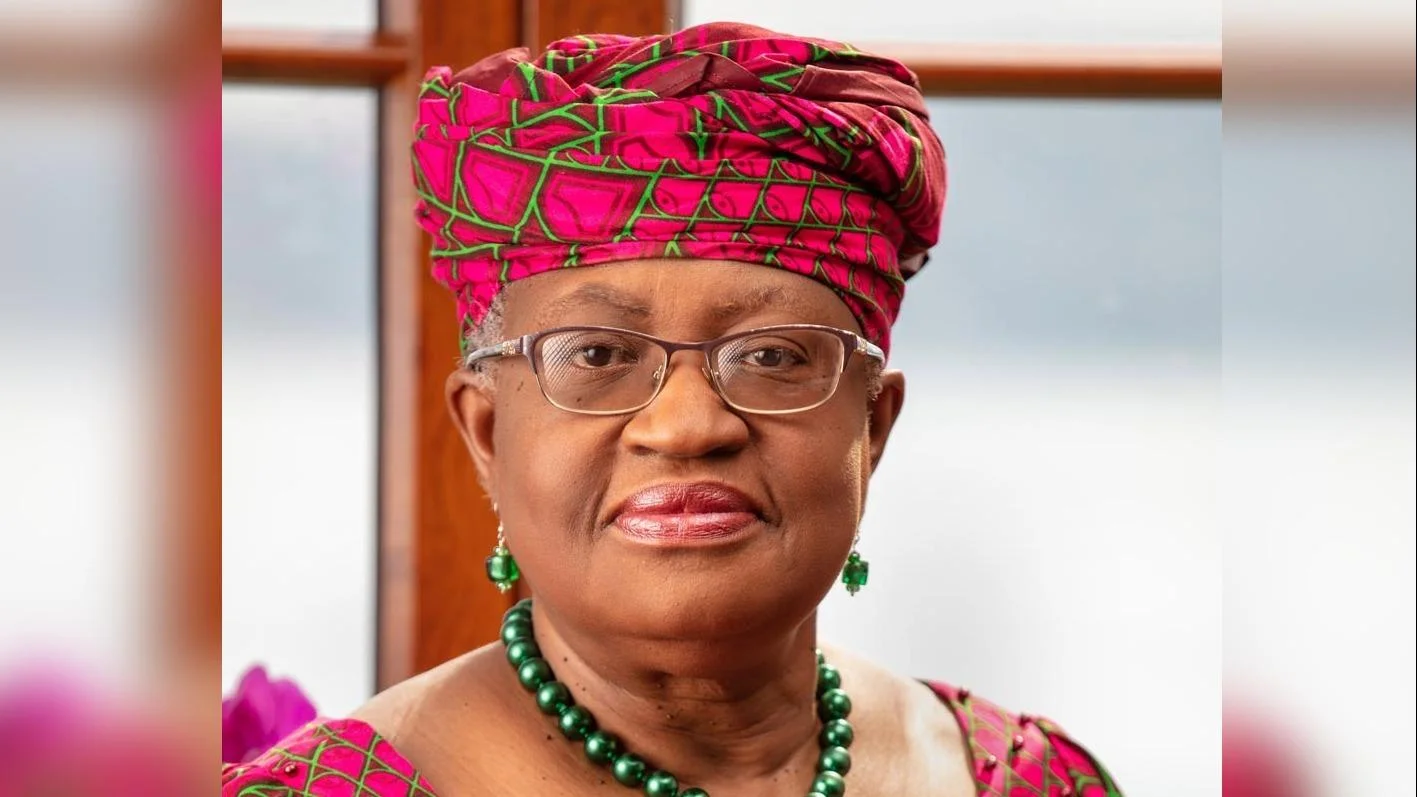Three teams of students from over ten countries presented proposals on trade and food security at a World Trade Organization (WTO) hackathon held in Geneva. The event, supported by CropLife International, featured a virtual presentation before an expert jury composed of five WTO ambassadors representing Chile, Djibouti, the Philippines, South Africa, and Switzerland.
Director-General Ngozi Okonjo-Iweala opened the event. She stated: “trade and food security are inseparable” and said that the hackathon showed “what young people expect of the WTO – an institution that is ambitious, creative and responsive to people’s needs.”
The finalists included "Global Grains," a team with students from the European University Institute in Fiesole, Italy, and the Graduate Institute in Geneva. Their proposal involved a “Harvest-to-Market Facilitation Pathway” designed to reduce post-harvest losses in Africa through improved storage solutions and better trade facilitation.
"Spice Pacific," comprising students from Singapore's S. Rajaratnam School of International Studies and Nanyang Technological University, suggested redirecting food lost during trade and supply chain processes into sustainable biofuel production.
The third team, "Agro-Strategos" from Nanjing Agricultural University in China, proposed strengthening WTO disciplines to address sudden barriers to food trade during crises. Their aim was to make grain flows more predictable for vulnerable importing nations.
After reviewing all proposals, the jury awarded first place to Global Grains. Spice Pacific took second place while Agro-Strategos placed third. In her closing remarks, Director-General Okonjo-Iweala congratulated all participants for their wide range of ideas. She noted that the competition highlighted both the urgency of addressing food insecurity issues and the need for an effective multilateral trading system.

